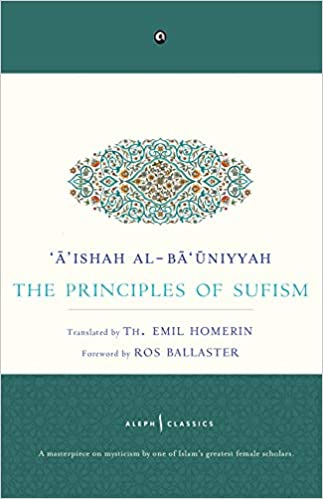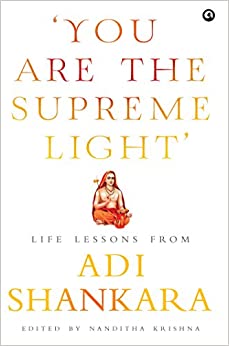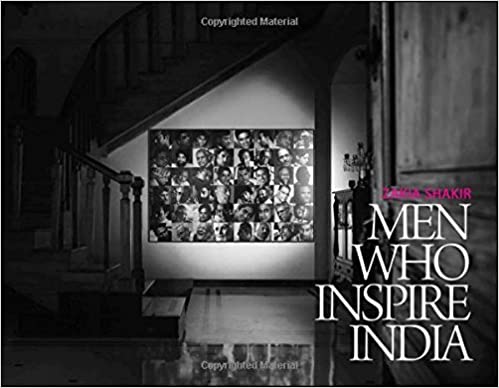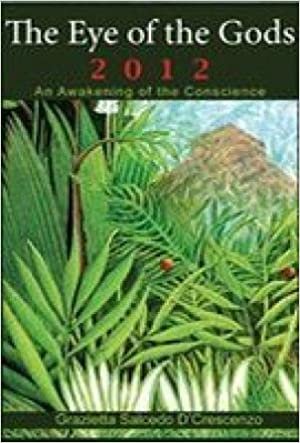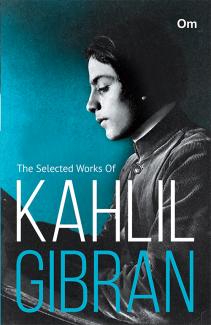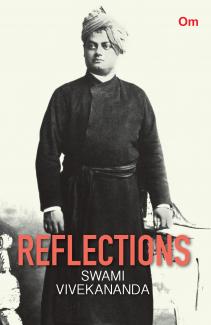Philosophy
Featured Products
YOU ARE THE SUPEREME LIGHT LIFE LESSONS FROM ADI SHANKARA (HB)
₹327.18
M.R.P.:₹ 399.00
You Save: ₹71.82 (18.00% OFF)
The Eye Of The Gods 2012: An Awakening Of The Conscience
₹238.95
M.R.P.:₹ 295.00
You Save: ₹56.05 (19.00% OFF)
HOW TO BE: Life Lessons from the Early Greeks
₹655.18
M.R.P.:₹ 799.00
You Save: ₹143.82 (18.00% OFF)


